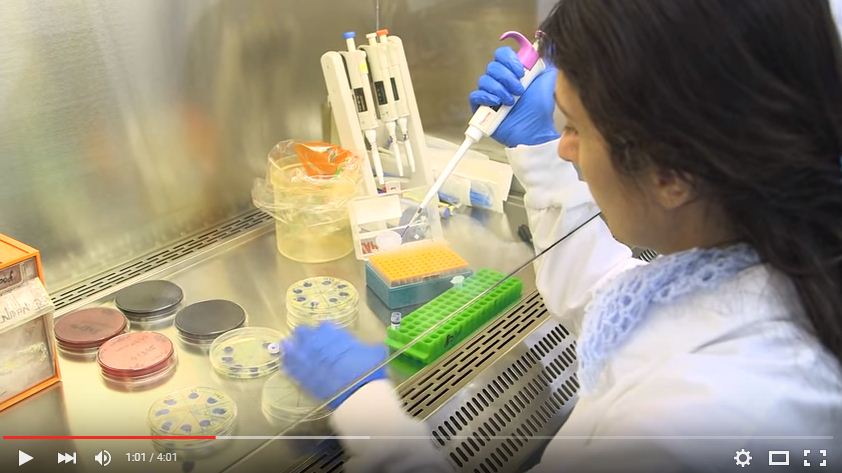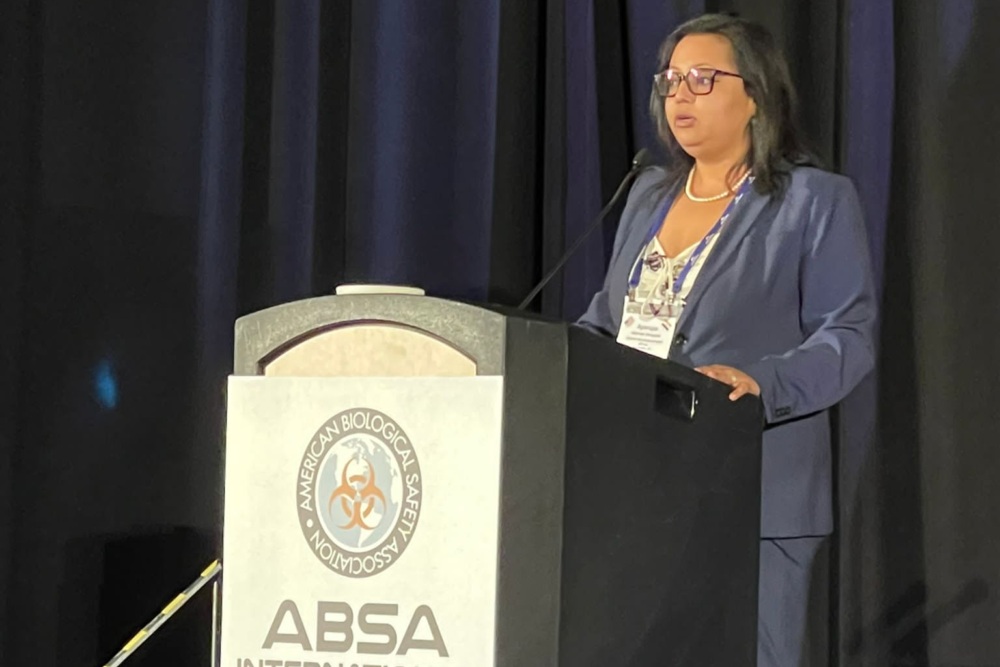
Atomic Pulse
Horsepox Research Accentuates Urgency for Global Action to Reduce Biological Risks

Publication
of “Construction
of an infectious horsepox virus vaccine from chemically synthesized DNA
fragments” by the journal PLOS ONE last week further accentuates the need
for urgent global dialogue to develop clear norms and actions for reducing
biological risks posed by advances in technology. As governmental oversight
continues to lag behind biotechnology breakthroughs, academic and private
stakeholders conducting, funding, and publishing research – as well as those
developing new technologies – also must take responsibility for mitigating
risk.
The
research demonstrates the potential to recreate the virus that causes smallpox—one
of the greatest scourges the world has ever faced and eradicated. The risks
posed by the publication of methods that could ease the pathway for
synthesizing smallpox should have been carefully weighed from the outset. The
investigators themselves highlight the dual-use potential of their work, yet
there was no clear or routine process for taking those risks into account prior
to publication.
It
won’t get easier to tackle these risks, and piecemeal approaches aren’t enough.
These experiments were conducted in Canada with private funding from a U.S.
company and involve an agent that is not on the U.S. Biological Select Agents
and Toxins list. U.S. dual-use regulations don’t apply to privately funded
research or research conducted outside of the country. And even if the research
had been conducted in the United States with federal funding, the existing U.S.
Dual Use Research of Concern policies would not likely have kicked in because
the virus causing horsepox is not included on the list of agents in those
policies.
Moving
forward, it’s clear that the capability to create and modify biological agents
is outpacing governmental oversight and public debate. Now more than ever,
scientific stakeholders, private sector actors, and biotechnology leaders
should develop and take specific actions to mitigate risk and accelerate
biosecurity innovation.
PLOS
states that it wishes to encourage debate surrounding dual use issues, and we
welcome that sentiment. However, for experiments with the potential to
significantly increase pandemic risk, we hope for a future in which that
conversation comes earlier—and not after—the research has been done and
published.
Stay Informed
Sign up for our newsletter to get the latest on nuclear and biological threats.
More on Atomic Pulse

The Global Health Security Index: Real-World Examples of Driving Progress
Examples from around the world of the Global Health Security Index in-use.

Coronavirus Underscores Need for Urgent Action to Reduce Global Catastrophic Biological Risks
Coronavirus Underscores Need for Urgent Action to Reduce Global Catastrophic Biological Risks

Beyond Borders, Beyond Biases: Building a Biosecure Future with Diverse Voices
NTI | bio Senior Program Officer Dr. Aparupa Sengupta on why efforts to strengthen global biosafety and biosecurity must prioritize diversity and inclusion.
